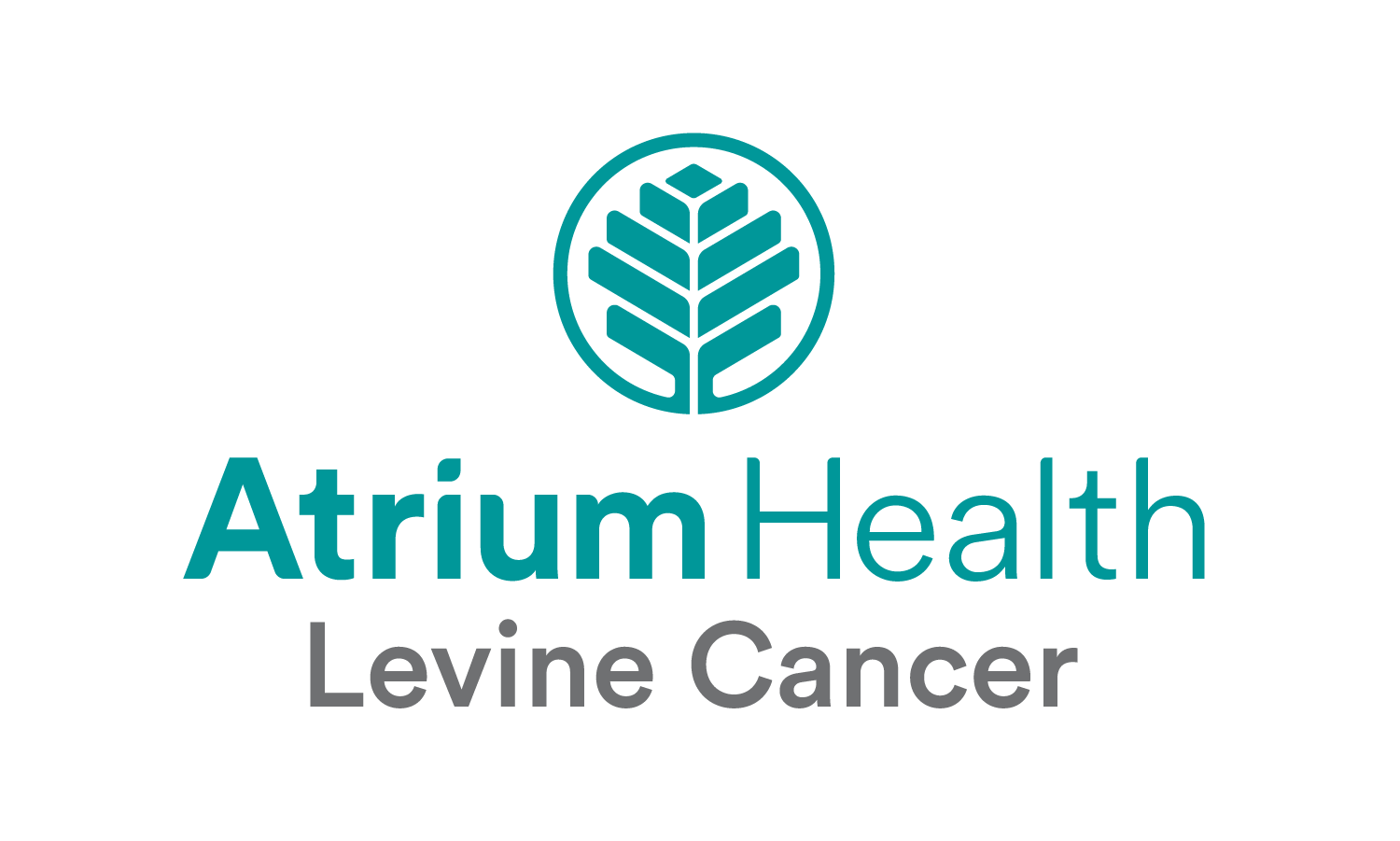- Advertise
- About OncLive
- Editorial Board
- MJH Life Sciences brands
- Contact Us
- Privacy
- Terms & Conditions
- Do Not Sell My Information
2 Clarke Drive
Suite 100
Cranbury, NJ 08512
© 2025 MJH Life Sciences™ and OncLive - Clinical Oncology News, Cancer Expert Insights. All rights reserved.
Dr. Ghosh on the Potential Advantages of Frontline CAR T-Cell Therapy in DLBCL
Nilanjan Ghosh, MD, PhD, discusses the potential advantages of moving CAR T-cell therapy into the frontline setting for patients with diffuse large B-cell lymphoma.
Nilanjan Ghosh, MD, PhD, director of the Lymphoma Program and a physician with Levine Cancer Institute, discusses the potential advantages of moving CAR T-cell therapy into the frontline setting for patients with diffuse large B-cell lymphoma (DLBCL).
No biomarkers currently can inform whether a patient will respond to frontline chemoimmunotherapy. CAR T-cell therapy may provide a welcome alternative that can spare patients with DLBCL the toxicities associated with chemotherapy, Ghosh says. Moreover, patients could potentially obtain a long remission with a single infusion of CAR T-cell therapy vs multiple cycles of chemotherapy, Ghosh adds.
However, frontline treatment with traditional chemoimmunotherapy has demonstrated long-term remissions in around 60% of patients with DLBCL, says Ghosh. As such, demonstrating that CAR T-cell therapy is an effective frontline option could be difficult because the standard of care already elicits high response rates with potential curative benefit, Ghosh explains. Ultimately, a randomized clinical trial comparing chemoimmunotherapy with CAR T-cell therapy is warranted, concludes Ghosh.
Related Content:





